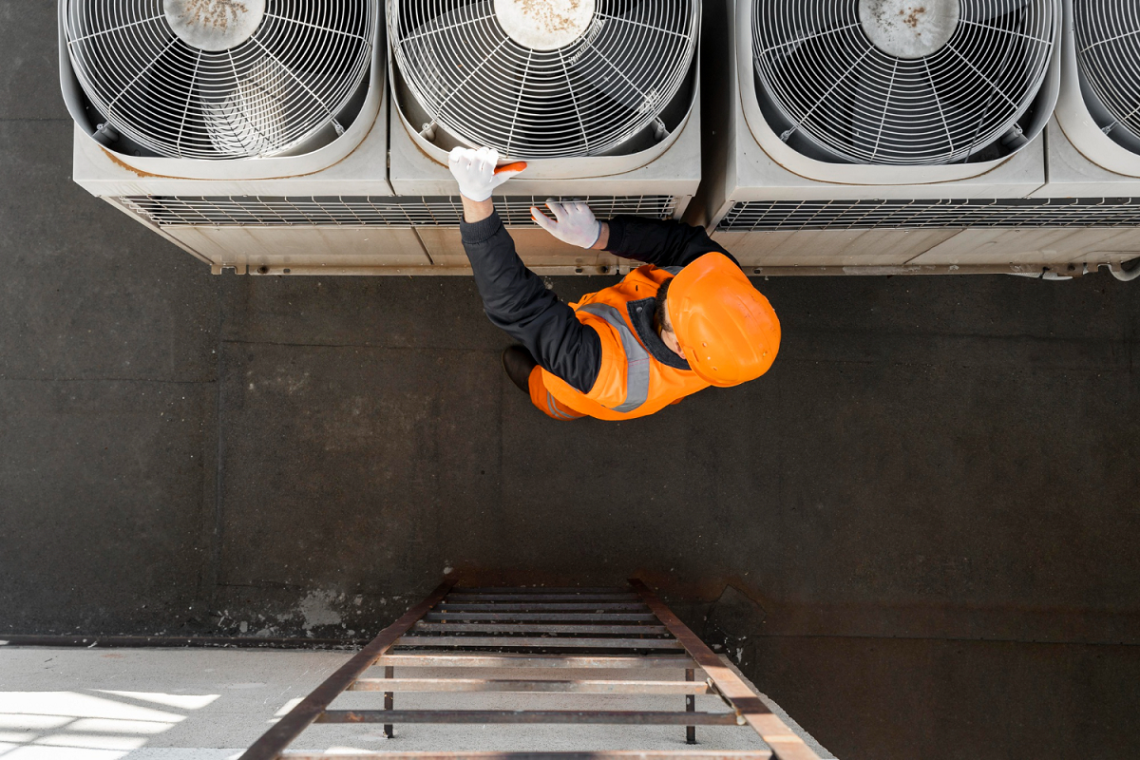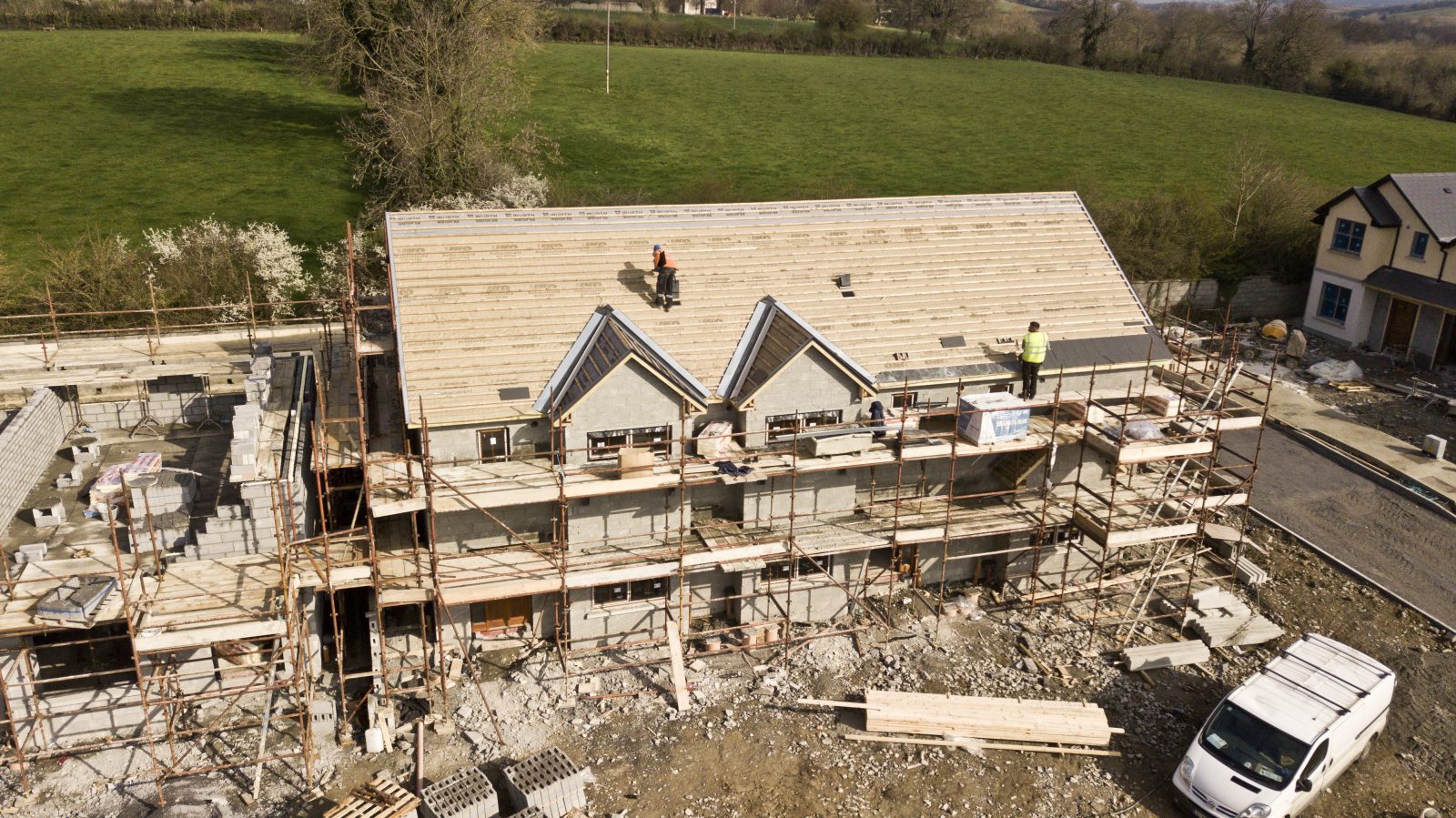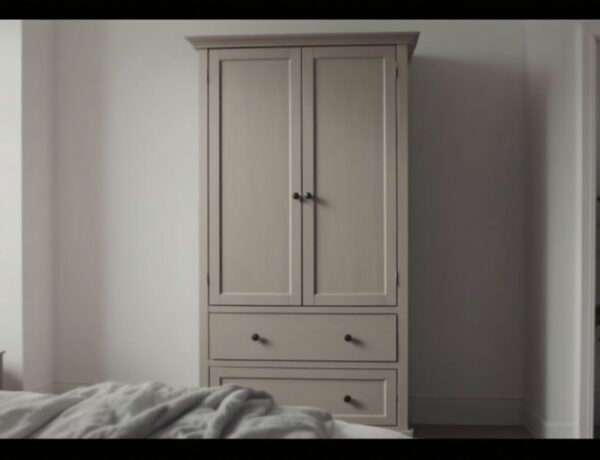Commercial buildings rely heavily on their HVAC (Heating, Ventilation, and Air Conditioning) systems to maintain a comfortable and healthy indoor environment for occupants. However, like any other mechanical system, the HVAC equipment can fail or malfunction, resulting in uncomfortable indoor conditions, reduced energy efficiency, and even safety hazards. Understanding the common causes of HVAC failures in commercial buildings can help building managers and owners take preventive measures to avoid costly repairs and downtime.
Common causes of HVAC failures in commercial buildings
Proper maintenance, regular inspections, and prompt repairs are essential to maintaining HVAC systems. By addressing common causes of HVAC system failures, building owners and managers can ensure that their HVAC systems are efficient, safe, and reliable. Additionally, regular maintenance and prompt repairs can help extend the lifespan of the system and save on energy costs in the long run. Here are some common causes of HVAC failures in commercial buildings:
Poor Maintenance
Regular maintenance is critical to the proper functioning of HVAC systems. Failure to maintain the HVAC systems can lead to issues such as clogged filters, dirty coils, and leaking ducts. These issues can cause the system to work harder to maintain a comfortable temperature, resulting in increased energy costs and reduced efficiency. Furthermore, neglected systems can also result in the build-up of harmful contaminants such as mold and bacteria, which can affect the health of building occupants.
Dirty filters
Dirty filters can restrict airflow, causing the system to work harder than it needs to. This can lead to increased energy consumption, higher utility bills, and system failure.
Electrical Problems
Electrical problems can also cause HVAC system failures. Common issues include damaged wiring, faulty thermostats, and malfunctioning capacitors. Electrical problems can cause the system to short-circuit or overheat, leading to equipment failure and even fire hazards.
Refrigerant Leaks
Refrigerant leaks are another common cause of HVAC system failures. When refrigerant levels are low, the system has to work harder to maintain a comfortable temperature, resulting in reduced efficiency and increased energy costs. Furthermore, refrigerant leaks can cause the system to freeze up or fail altogether, leading to costly repairs.
Improper installation
Poorly installed HVAC systems can lead to a host of problems, including poor performance, increased energy consumption, and premature failure. Hiring a qualified HVAC contractor to install the system can prevent this from happening.
Overuse or overload
Commercial buildings often have high heating and cooling demand, which can strain the HVAC system. If the system is not properly sized or maintained, it can fail due to overuse or overload. Regular maintenance can help ensure that the system is operating efficiently and identify potential issues before they cause a system failure.
Environmental factors
The building’s location and environment can also impact the HVAC system’s performance. For example, extreme temperatures, humidity, or pollution can cause a premature system failure. Regular maintenance and prompt repairs can help mitigate the impact of these environmental factors.
Age of the System
Even with regular maintenance, HVAC systems have a lifespan. Older systems are more prone to failures and may require more frequent repairs or replacements. In some cases, an outdated system may no longer be able to meet the needs of the building and may need to be replaced with a more efficient model.
Conclusion
Common causes of HVAC failures in commercial buildings can be prevented through proper HVAC maintenance and repair services. Companies such as Interstate Air Conditioning & Heating provide excellent HVAC maintenance services that can help prevent system breakdowns and increase energy efficiency. Additionally, regular maintenance can extend the lifespan of the system and save money in the long run. Residential HVAC services, including HVAC repair, are also essential in preventing HVAC failures in commercial buildings.
Read more home improvement articles at ClichéMag.com
Images provided by Flickr, Unsplash, Pexels, Pixabay & Creative Commons





